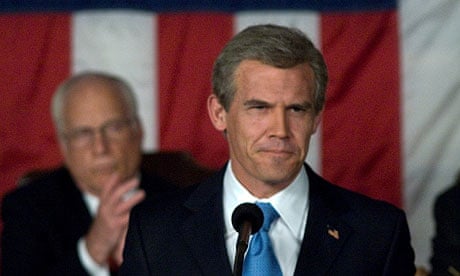
Directed by: Guy Hamilton
Starring: Peter Ustinov, Maggie Smith, Diana Rigg, Roddy McDowall, James Mason, Sylvia Miles, Jane Birkin, Nicholas Clay, Denis Quilley, Colin Blakely
Movies featuring Agatha Christie's Hercule Poirot follow a traditional formula that never grows tired. I thoroughly enjoyed Death On The Nile and Murder On The Orient Express. Evil Under The Sun, which takes place on exotic island in the middle of some sun-drenched sea, also works well.
The formula goes like this:
* The victim is usually someone who is unlikable and has made life miserable for many other people.
* Most of those people wind up on the same boat/hotel/island etc. as the victim, making them suspects when the person is ultimately murdered.
* Poirot, the astute, portly Belgian detective, is coincidentally at the same boat/hotel/island etc. as the victim and the suspects, so he conducts an investigation.
* After interviewing suspects, all of which provide seemingly ironclad alibis, Poirot gathers all of the suspects in one room and presents a detailed lecture of his findings. He toys with the suspects until finally revealing the true murderer.
Evil Under The Sun follows the formula to a tee (almost):
* The victim is Arlene Marshall, an actress who has pissed off many people and cost a lot of others money.
* The people she pissed off are all at the same island where she is vacationing. They include: her husband to whom she has been unfaithful (Quilley), two theater producers who lost money when Arlene pulled out of their play at the last minute (Mason and Miles), a gossip columnist who Arlene is suing (McDowall), a suave philanderer who openly flirts with Arlene in front of his meek wife, the hotel owner who is a former rival of Arlene's (Smith), and a nobleman who lent Arlene his priceless diamond which she never returned.
* Poirot investigates the murder (it seems he can never take a real vacation since someone always winds up dead) and listens to the alibis, knowing of course that many of the suspects are lying or have reason to.
* Poirot then gathers the suspects in a room, where they wait eagerly to hear the outcome and the identity of the murderer, who is....
I won't dare reveal who the murderer is, but there is a slight twist. The revelation of his findings is merely the setup in which to entrap the killer. Or is it? It is quite ingenious.
Ustinov has a ball with the role and the actors also have fun with juicy roles. Why not? It's not every day you are considered a murder suspect.



